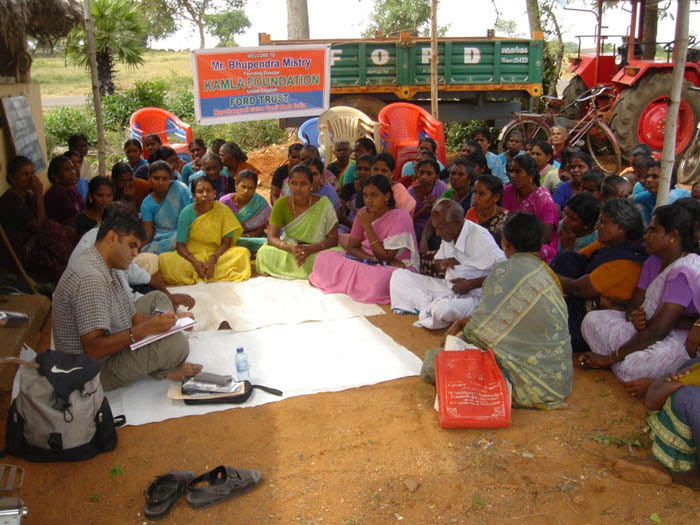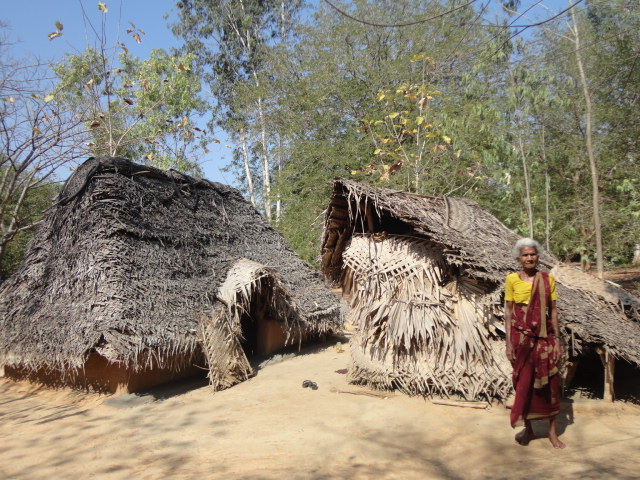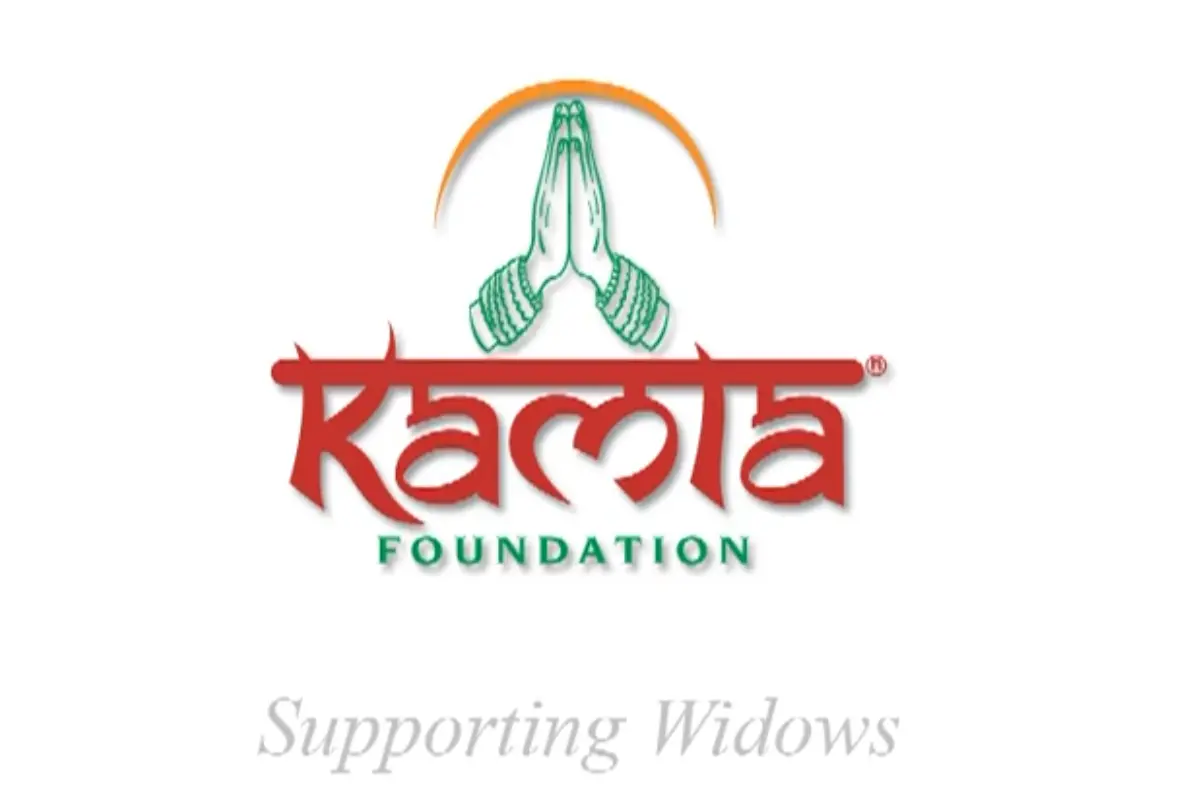Our Work with Women
More often than not, the ultimate victim of rural poverty is the female. Within these communities women are poor, asset less and invisible on the socio-economic front and often resort to subsistence occupations to eke out a meagre income. Stifled by oppression, victimisation and entrenched patriarchal attitudes
Just imagine if you’ve never been to school… How would you feel?
The above is the plight of a typical woman that is supported by our work.
Context
Although discrimination on the basis of caste is against the Indian constitution and prohibited by many laws, its practice is still widespread, especially in rural India. In most cases, the women are classed as secondary level beneficiaries. Within these communities women are poor, asset less and invisible on the socio-economic front. They are therefore engaged in even greater menial work than their spouses and often resort to subsistence occupations to eke out a meagre income.
However, the role of women becomes crucial in poor families where the male contribution to the household income is low. Through lack of work and frustration, some men spend almost all their income on personal consumption like alcohol or tobacco. As a result, the family is heavily dependent on the earning potential of women (and or children) for survival and a significant number of women are sole contributors to the family income. Henceforth, women end up working as bonded agricultural labourers with low/underpaid wages, in spite of their knowledge and skills in other areas of life. The extreme perennial economic deprivation for women has also resulted in illiteracy, malnourishment and poor health conditions. In addition, they are overworked, oppressed and victimised by entrenched patriarchal attitudes within the family and the wider community.
The Issue
Women tend to have fewer resources, fewer rights and fewer opportunities to make life-shaping decisions than men. And when emergencies strike, they’re the worst affected. There are many, often complex, reasons why women are not reaching their full potential. Domestic violence, discrimination and lack of education are among the biggest barriers

Unlocking Potential
Whenever and wherever we work with the most vulnerable, we make sure that we consult and include women at every stage. Men are indispensable allies in this.
With an education under their belt, a whole generation of girls will have opportunities that their mothers never had. With literacy comes confidence and the chance to earn more money, become self-sufficient and speak out against violence.
With laws and systems that guarantee better health care, fewer women will die in childbirth and fewer children will die from easily preventable diseases.
With loans, seeds, tools, better farming techniques and business training, more women will be able to grow more food, sew, craft and make goods that they can market themselves.
And in emergencies, taking care of women’s specific needs is vital for ensuring survival, good health and dignity. Employing their skills and knowledge makes communities far stronger and more effective in recovering from disasters.
The need for economic empowerment
More often than not, the ultimate victim of rural poverty is the female. She is denied her basic human rights at home and is further isolated with her perceived lower status of importance within the immediate and wider family hierarchy. They do not have access to any form of financial credit and are denied rights to property. Kamla Foundation values the contribution of women in all societies and recognises the need to work to develop the potential of women and enhance their quality of life, resulting in improved prospects for their immediate family and the wider community.
Micro Enterprise Training
We have led on the development of a comprehensive programme of micro-enterprises enabling these vulnerable women to break out of the “cycle of dependency” that so often traps the poor.
The micro-enterprises include:
The activities are low investment and simple technology oriented, enabling the recipients to form a manageable base and structure to their enterprise, which they can then maintain or develop at their own pace.
Each beneficiary is supported by a combination of intensive skills training, one to one mentoring, business start-up advice and finance and provided with related capacity building opportunities.
Case Studies
The Case Studies relate the stories of some of the women who have received training and grants to start up their business. They showcase how a small investment can make an extraordinary difference to the lives of the families. Most of them have succeeded to the point of earning an income good enough to meet their basic needs and pit aside a small amount of savings on a regular basis thereby allowing them to start rebuilding a more stable base for their family. More importantly, the self-belief and respect shown by the wider community grows alongside their enterprise.
Seed Money Support
The Seed Money Support Fund covers emergencies when no other recourse can be found. It may be used for the education of children, religious festivals, marriage ceremonies, medicine, for meeting basic needs during periods of unemployment, etc. on condition that it is paid back whenever the borrowers can raise income from other sources.
This seed money is maintained by a Committee of beneficiaries, (working on similar lines to a local Credit Union in the UK). Rather than obtaining a loan from local loan sharks villagers now have a viable alternative and again links with our aims of ‘helping to break the cycle of dependency’.
Women Empowerment
We are empowering over a hundred women’s groups to pool their savings, lend to each other and use the power of the group to address social justice issues that they deem most relevant to their lives.
Training Centres for Women
Kamla Foundation has funded and supported three Training Centres in the remote villages of Maruthangudi, Sirugappatti and Velayuthapattinam, based in the district of Sivagangai in Tamil Nadu. Each centre has been furnished with stitching machines, a cutting table and the necessary furniture. These centres have enabled young women to learn about garment making, embroidery and related skills training.
The Sirugappatti centre started with 120 participants and undergoing a variety of training in garment making. In Velayuthapattinam, the newest centre, 95 young women are enrolled. At the Maruthangudi training centre, 87 women are registered and the demand for places is constantly rising.
Learning Centre
The concept is for a cluster of villages to have a rural community centre which can also act as an information point. Ideally housed within this would be the resources of different agencies engaged in literacy programmes, adult education, public health, local self-government etc.
The main objectives for setting up such a centre are as follows:-
The success of a true democracy depends upon the access to and quality of information; its requirement is essential and universal. Kamla Foundation considers the sharing of knowledge to be fundamental to the well-being of society and has undertaken this project to facilitate this.
The Plight of Widows
India is the country with the largest widow population in the world. It is estimated there are 40 million widows in India today – 10 per cent of the country’s female population. It has become home to the “husbandless”.
On news of their husband’s death, the wives break their bangles as they can no longer wear jewellery or use sindhoor – the red powder women wear in their parting and on their foreheads to denote their married status. Many widows are thrown out of family homes by their children or abandoned by their in-laws. Unfortunately, without a man by her side a woman has no respect in rural Indian society. It is part of a patriarchal culture where a woman is respected only if she is a mother, daughter and wife.
The widows are the unacceptable face of India, many leading agencies including Central and Local Governments have failed them, Politicians with rare exceptions have ignored them and wider society continues to exploit them.
We act as guardians for a number of widows who live alone and do not have the means to support themselves. We provide food, medicine, clothing and related assistance and undertake the general welfare and wellbeing of the Widows. In addition we also support a Home for Widows.
Home for Widows
We have been actively supporting the Home for Widows for a number of years. The Home provides accommodation for 35 widows and is led by an inspirational woman who manages the Home on a tiny budget with minimal support from Government agencies. In response to this dire situation the Foundation has felt compelled to raise much needed funds for this incredible project.
We provide a stimulating environment whereby the Widows are able to forget their otherwise wretched existence. On an annual basis we deliver a range of activities that promote healthy living. In addition to providing an extensive budget for food, medicine, clothing, toiletries, satellite subscription and a number of large flat screen TV’s and regular treats such as day outings.

Women’s skills, resilience, determination and ingenuity are valuable but greatly underused resources to overcoming poverty. We are committed to supporting these women claim their rights and make decisions that improves their quality of life. Long held and deeply entrenched prejudices will take time to break down but we know it can be done.
Our Impact
Through the delivery of a variety of our women empowerment programmes, we have changed the lives of over 10,000 of the most vulnerable women – unlocking their potential and helping them claim their rights and enable them to make decisions that affect their lives. Helping to quash long held and deeply entrenched biases and breaking down barriers and societal taboos in the process.
